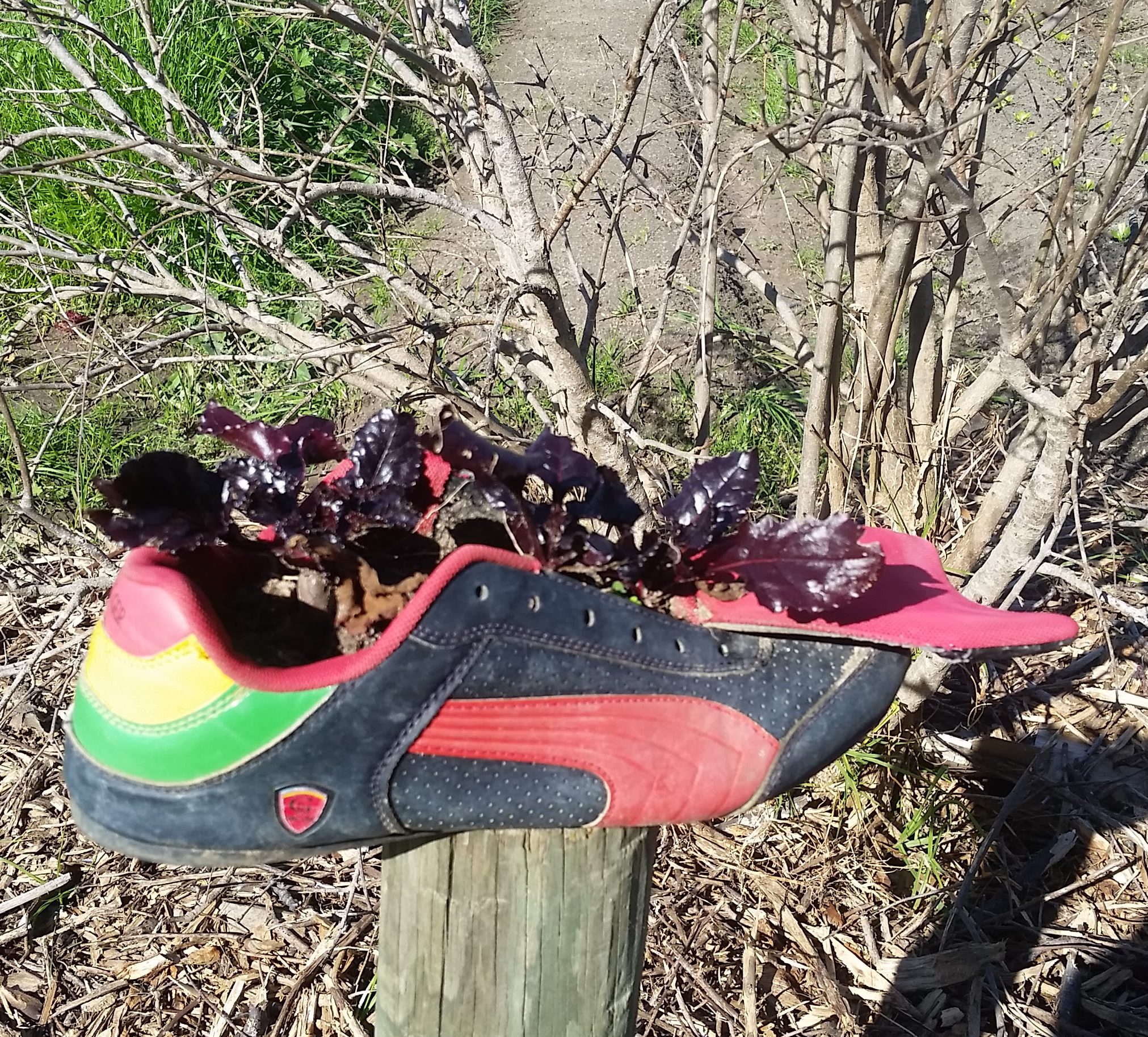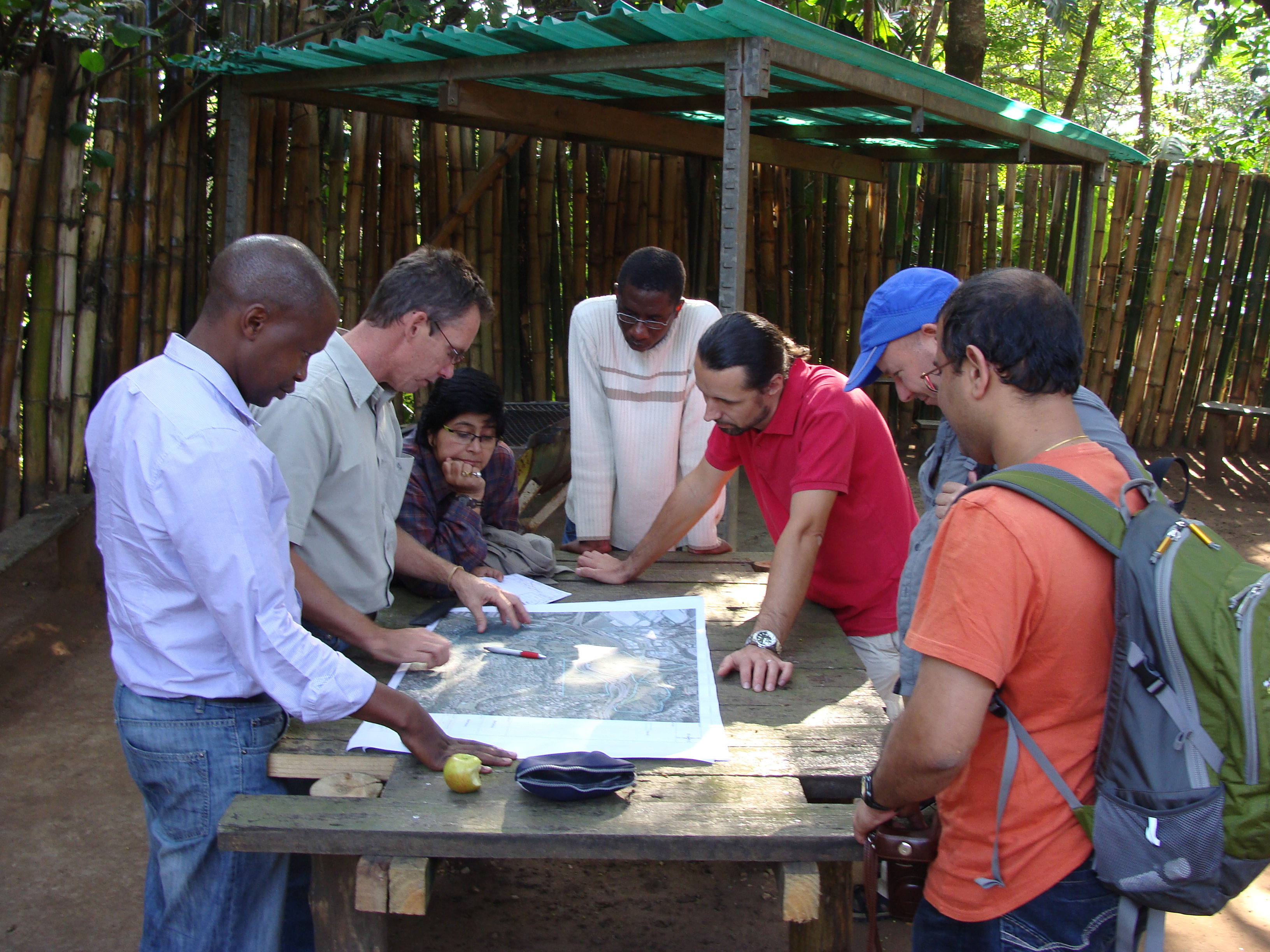Novel research on social-ecological systems in South Africa – meet the new Doctors!
As the end of 2016 draws near, we’d like to take a moment to highlight the research of three newly-minted Doctors working on social-ecological systems in South Africa. These three female scientists have pushed the boundaries of knowledge to enhance our understanding of resilience, sense of place, and ecosystem services in agricultural landscapes, in regions as varied as the Garden Route, Wild Coast, and the Drakensberg mountains. Their work presents a fascinating cross-section of the diverse research undertaken within the SAPECS network, and we are excited to see what their futures hold! Rebecka Malinga used a multi-method approach to [...]








